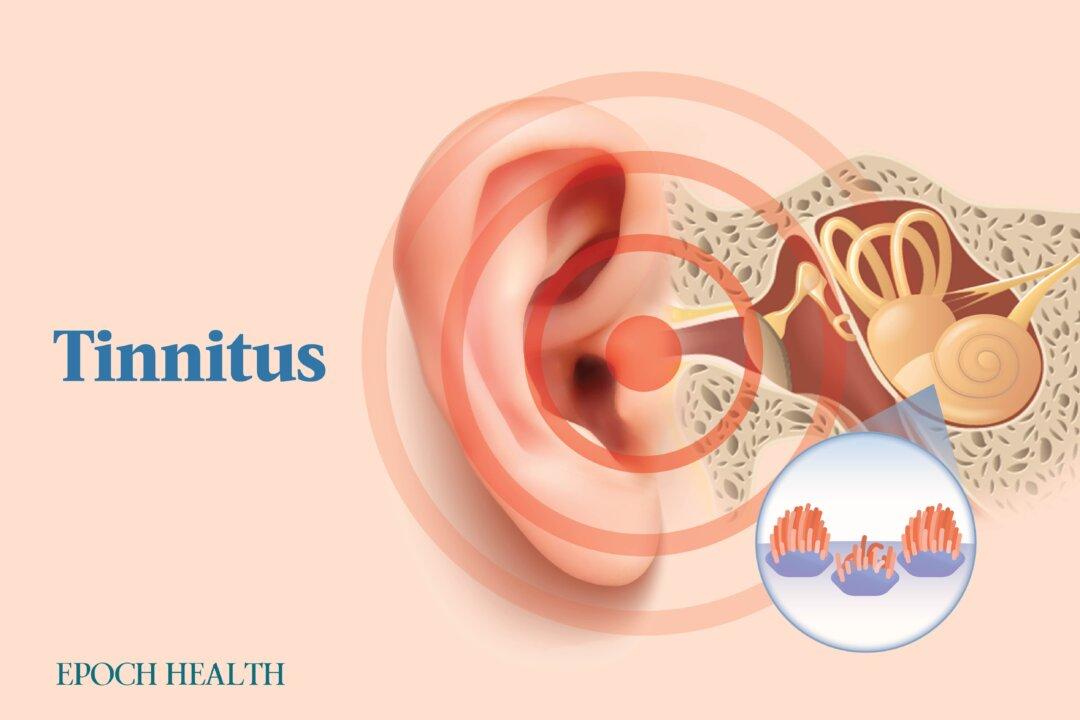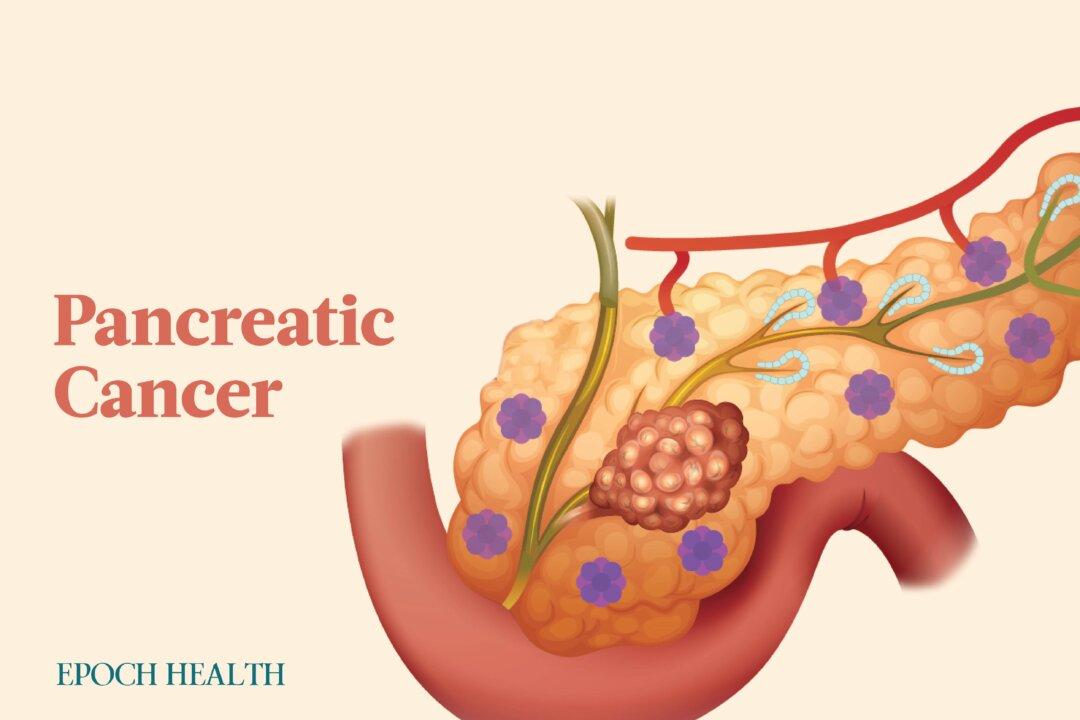In late February, the University of Minnesota’s Center for Infectious Disease Research and Policy (CIDRAP) released their Coronavirus Vaccines R&D Roadmap. The document, compiled by over 50 scientists and funded by the Rockefeller Foundation and the Bill and Melinda Gates Foundation (BMFG), presents a controversial plan for the future of coronavirus vaccine research.
“The COVID-19 pandemic marks the third time in just 20 years that a coronavirus has emerged to cause a public health crisis,” Prof. Michael Osterholm, director of CIDRAP, said in a press release.






